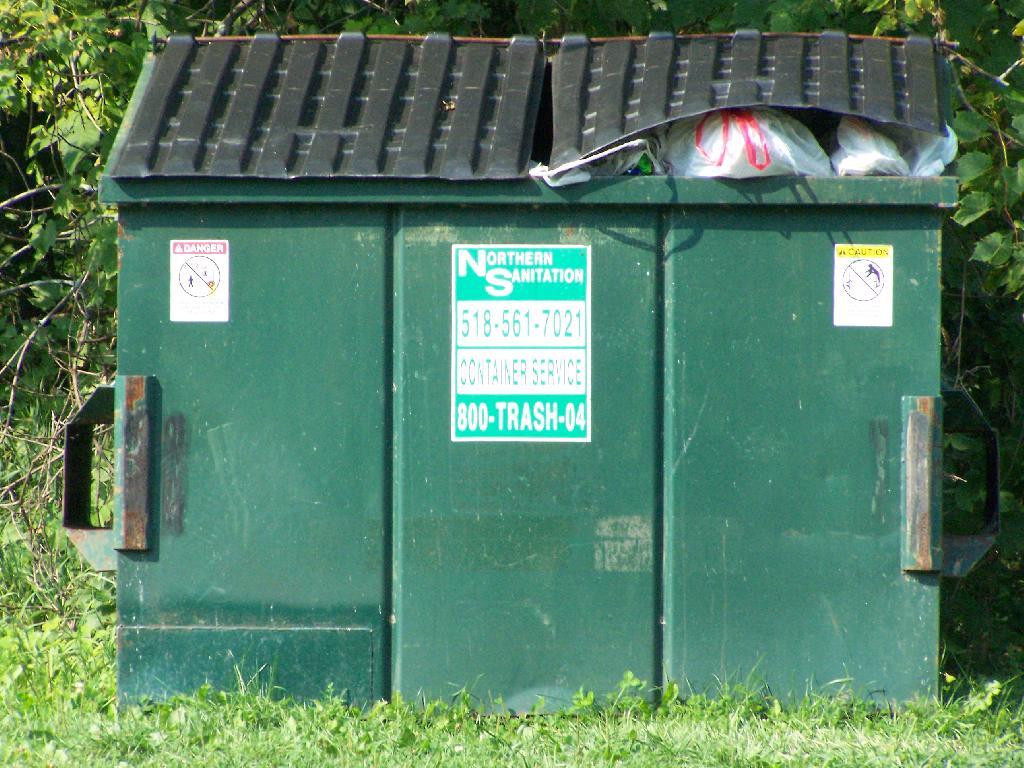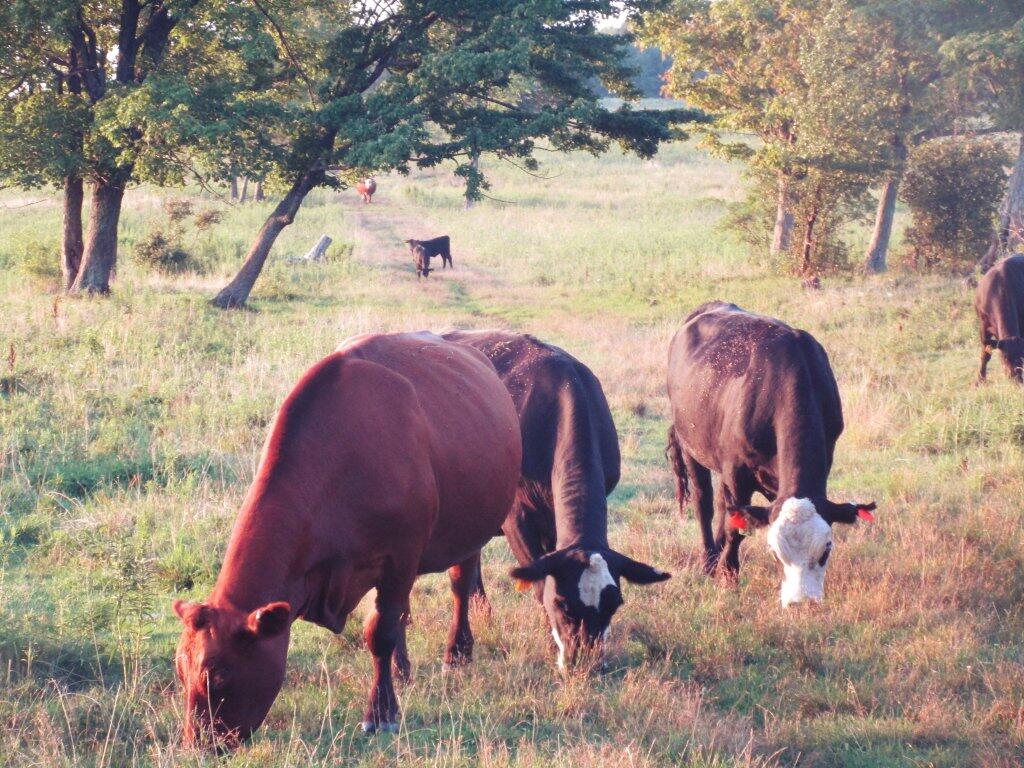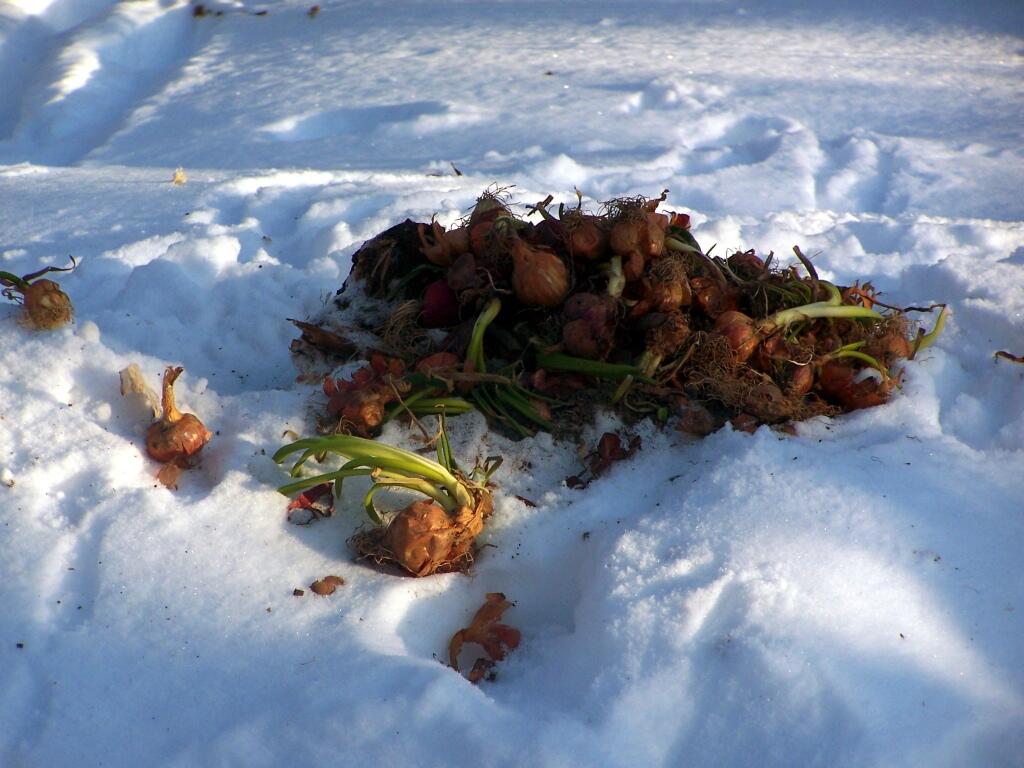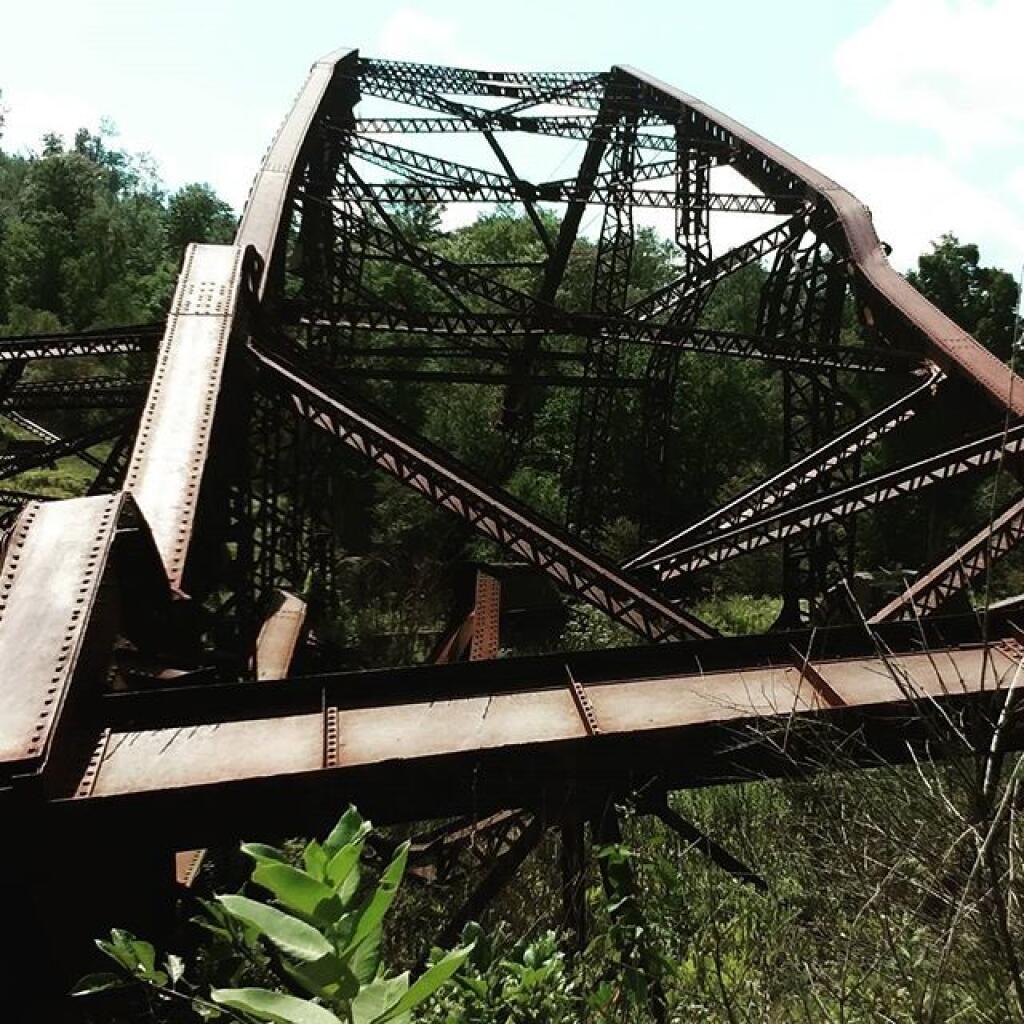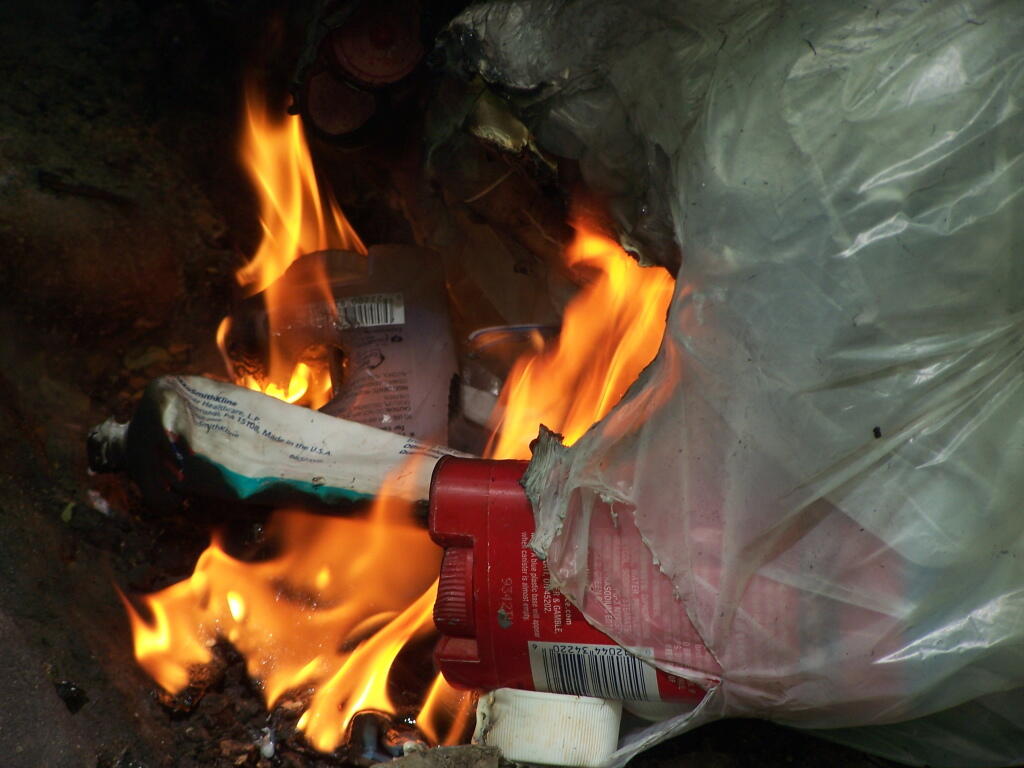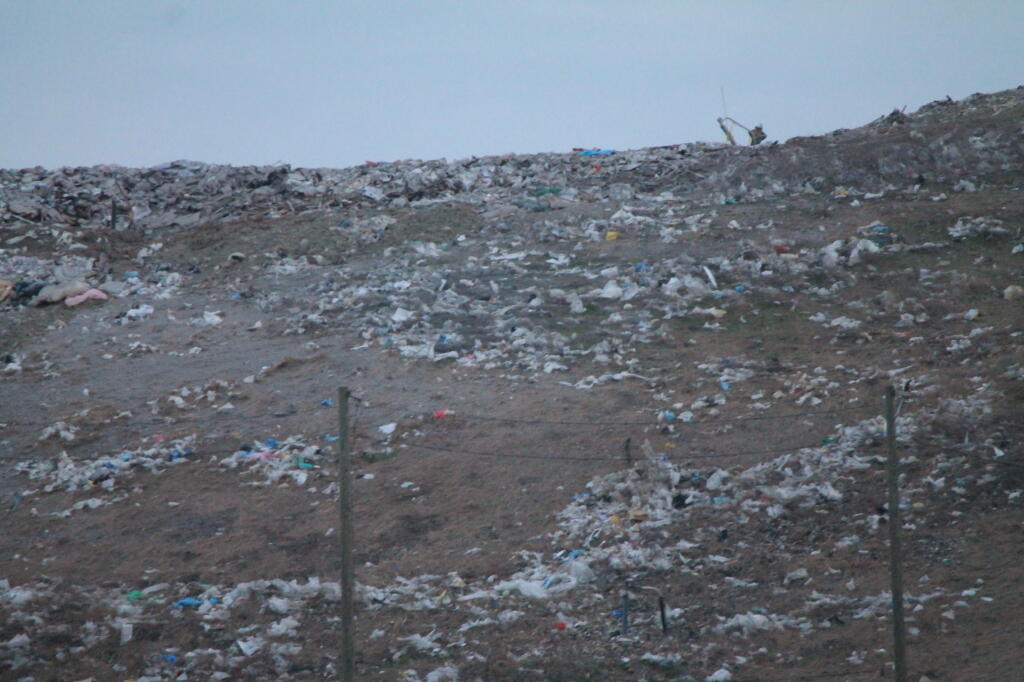Living with little waste
Besides generating most of my electricity on site from renewable sources, one of my goals when I own my off-grid home is to manage as much of my waste on site in an environmental sustainable fashion and make less than one trip a year to the transfer station. This would not only save upwards of $400 a year in disposal costs ($33/month), it would keep a lot of waste out of landfill, and save money by avoiding unnecessary products I later have to dispose of on or off the farm.
Buy less, avoid unnecessary products
The most important strategy in my book to avoiding waste is avoid buying unnecessary products. There is so many cheap frivolous products but they’re both a drain on finances and the environment.
Feed livestock with food scraps
When I own land I want to be a to produce some of my own food. Producing your own food avoids packaging and you can bury the guts on your own land, feeding the soil. Hogs make good bacon and pork, they can be partially fed from food scraps and garden vegatable waste. Chickens likewise can eat many of those wastes and produce eggs and meat.
Compost
Most vegetables, leaves, manure and other organic matter can be composted and turned into rich soil. Many of the things good for compost don’t burn well as they have a lot of moisture and it seems a waste to be dumping organic matter into the air with fire or producing unnecessary carbon emissions.
Scrap metal
Metals don’t burn and they are good to recycle. Separating out aluminum cans and tin cans for a yearly trip to the scrap metal yard or recycling center is an environmentally responsible activity and might even few a bucks. Likewise broken down machinery can be sold for scrap. If I can’t use it, I might as well get a few bucks for it and return it to the vast material industry for scrapping.
Burn
Almost everything you buy in the store today is packaged in paper, cardboard or plastic. These materials – often linked with plastics – can take a long time to break down in nature unless they are burned. Fortunately as witnessed by the large number of rural households and farms with burn barrels in states without regulations prohibiting them, most ordinary household trash burns. Add some scrap wood, maybe some increased ventilation and you got a hot fire that isn’t particularly noxious. I would keep my burn barrels down wind of my cabin in a place where I can monitor them and have garbage cans to store waste until the weather is safe for burning.
Transfer station
As a last resort there is always a trip to the transfer station for wastes that can’t be reused or disposed on site. My goal would be at my off-grid property to do this less than once a year and really try to use the landfill option as last resort, mostly using it for recycling of glass, e-waste or other materials that lack an environmentally responsible way to dispose of on-site, which can’t be avoided by careful choices when shopping.
